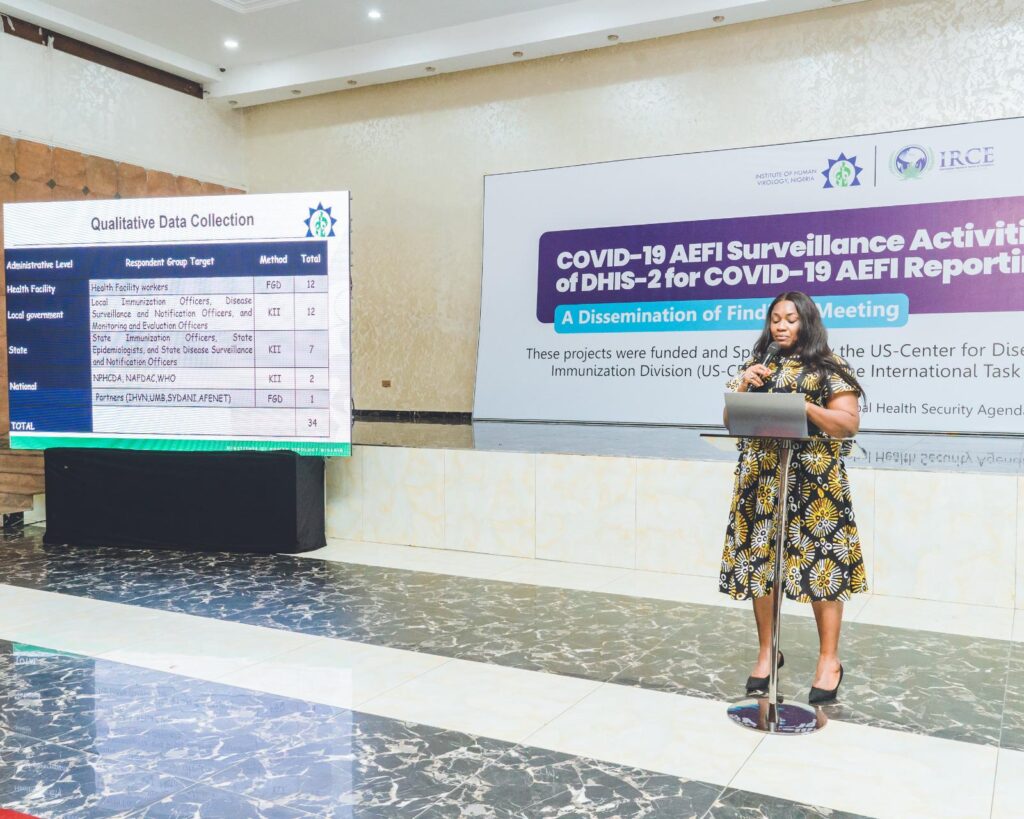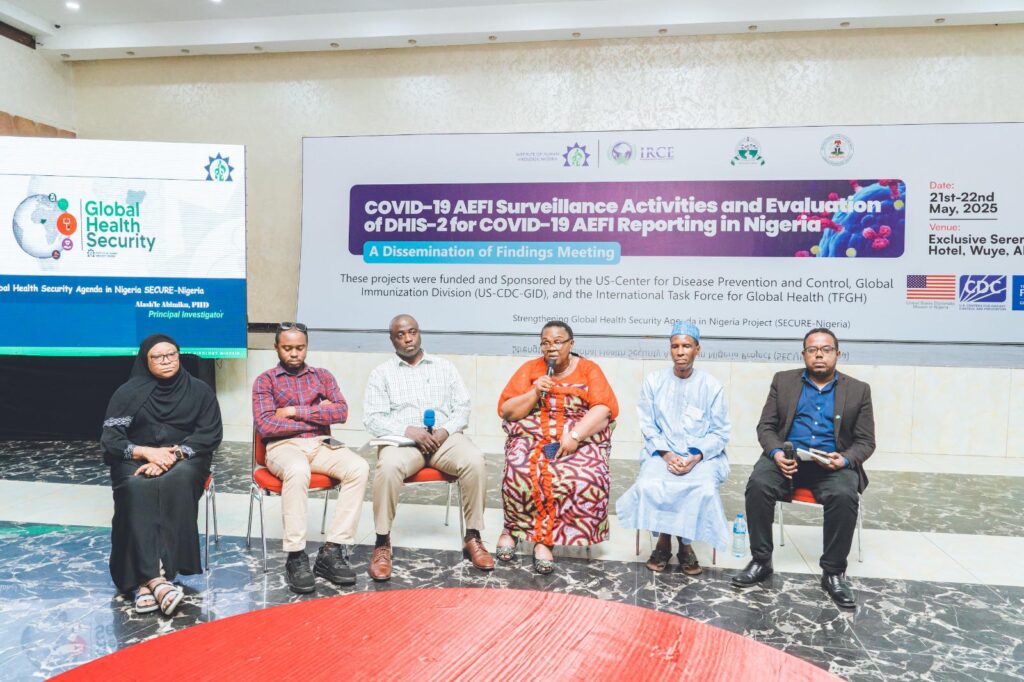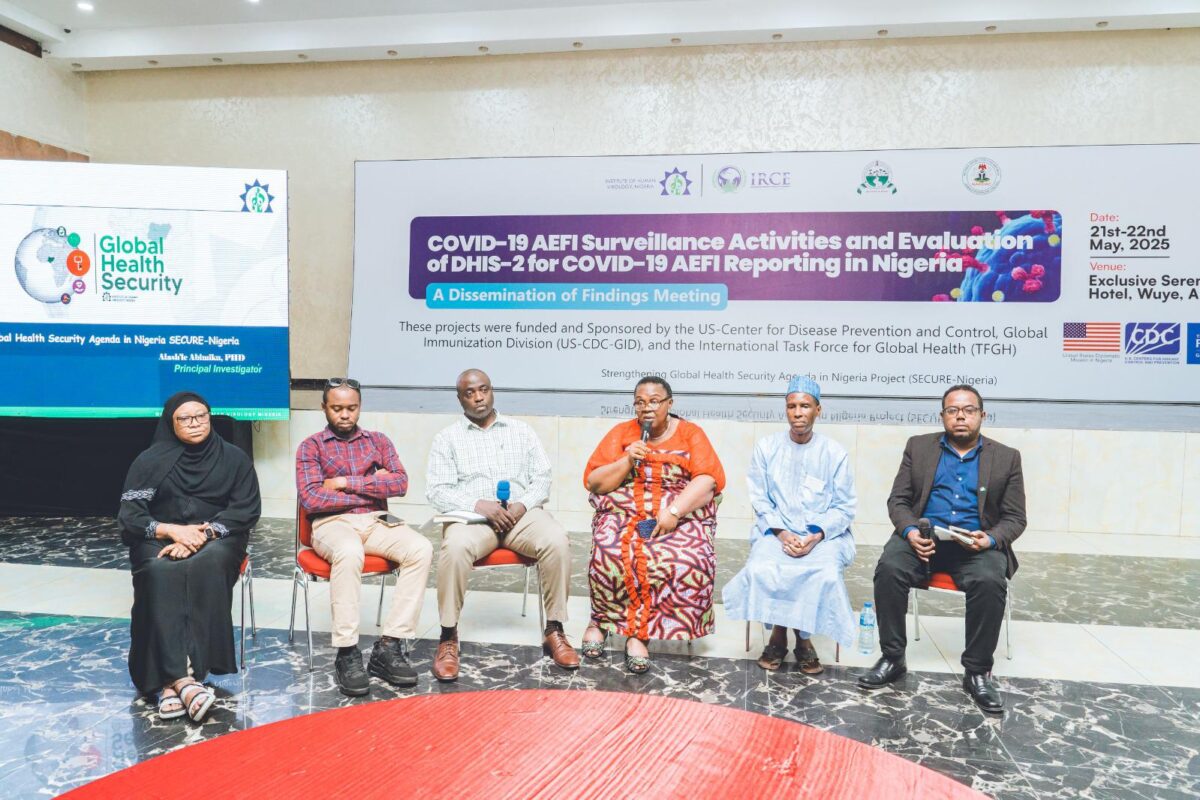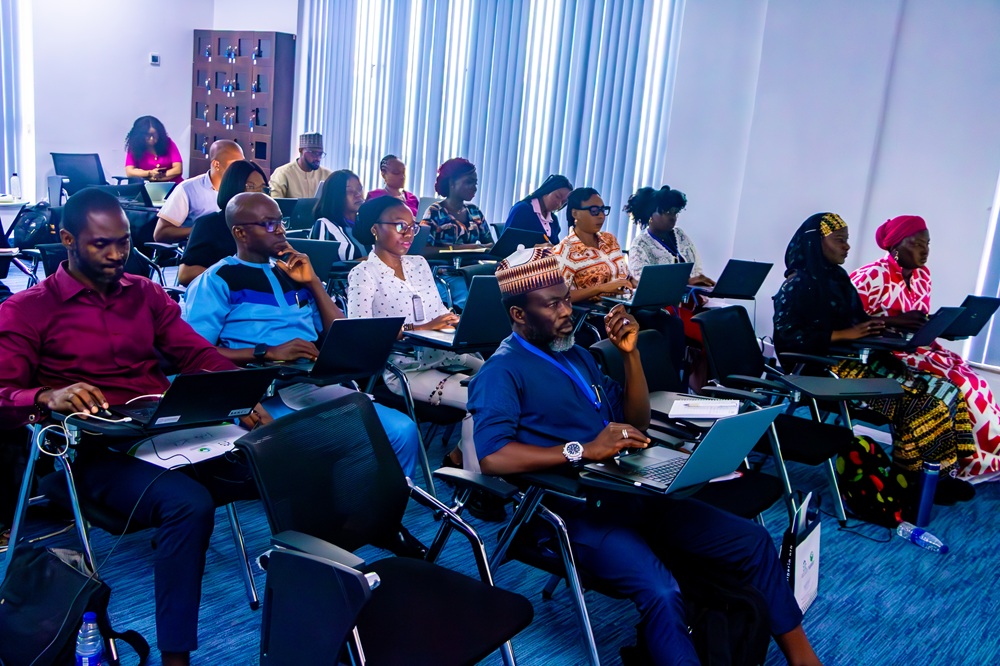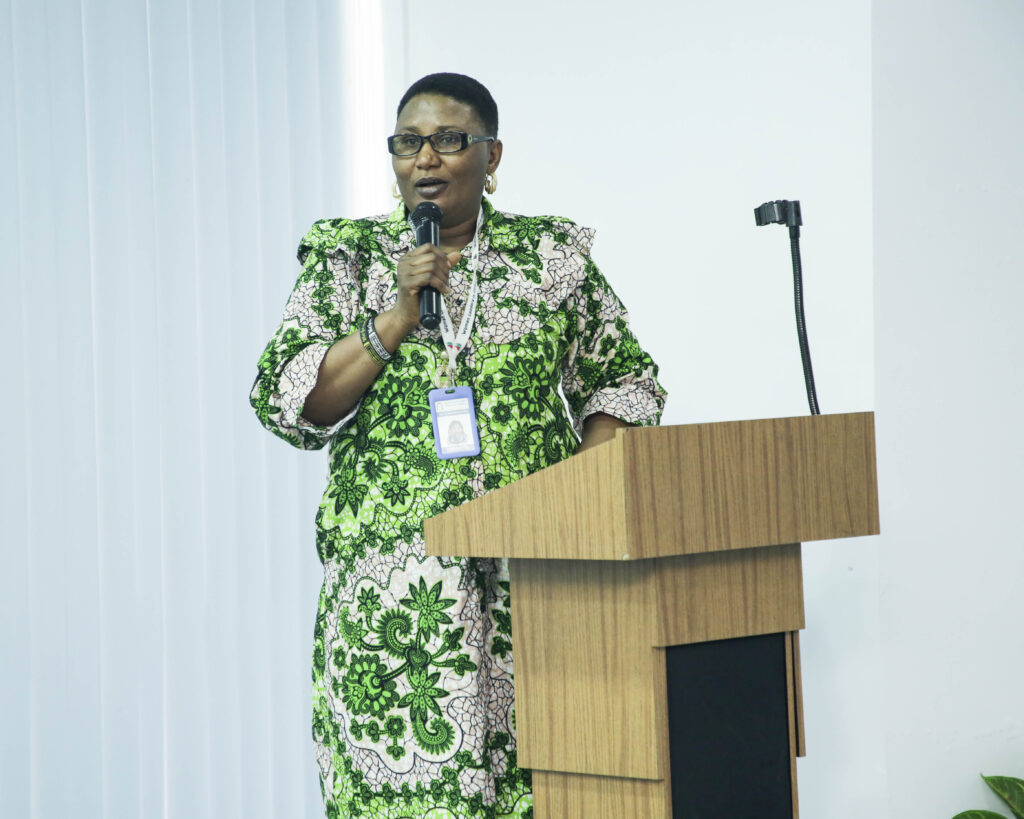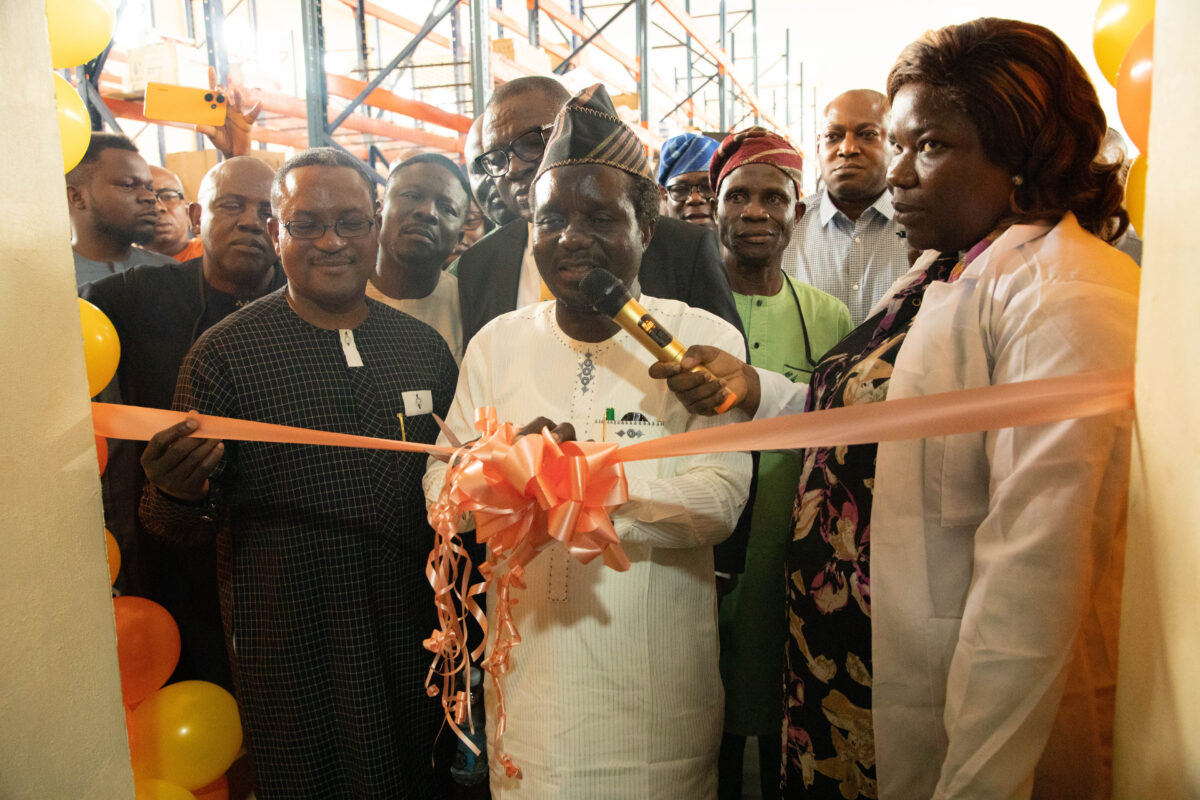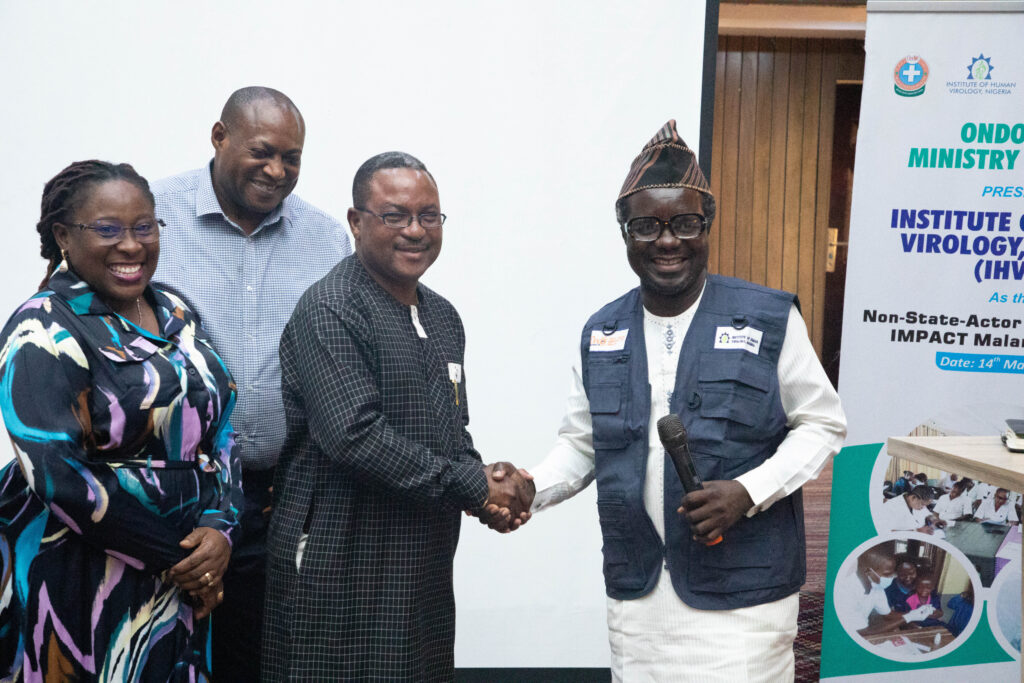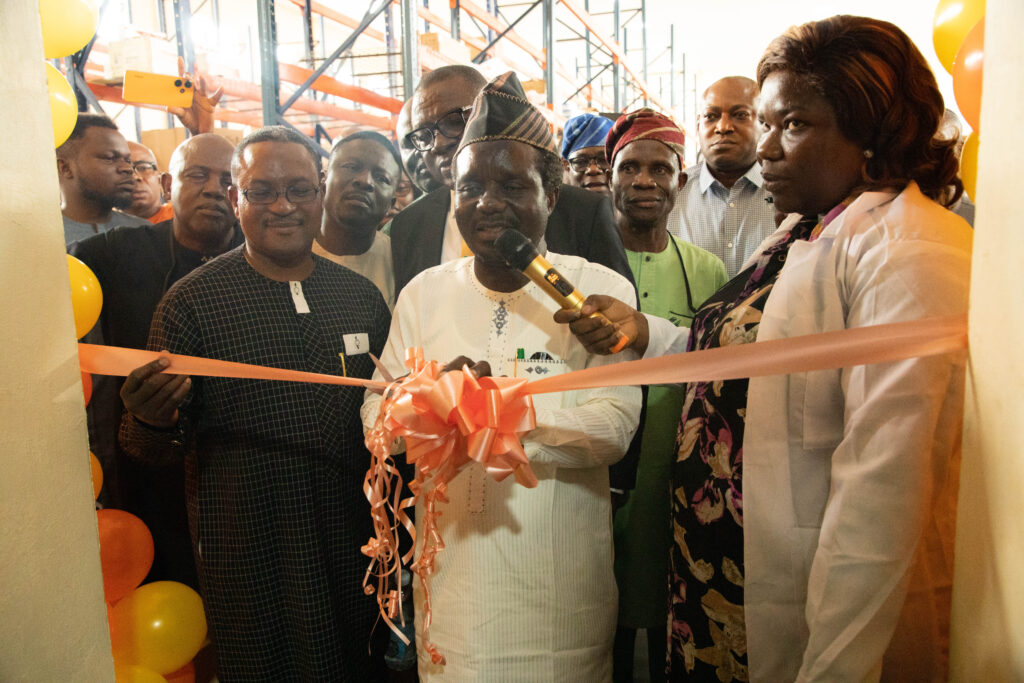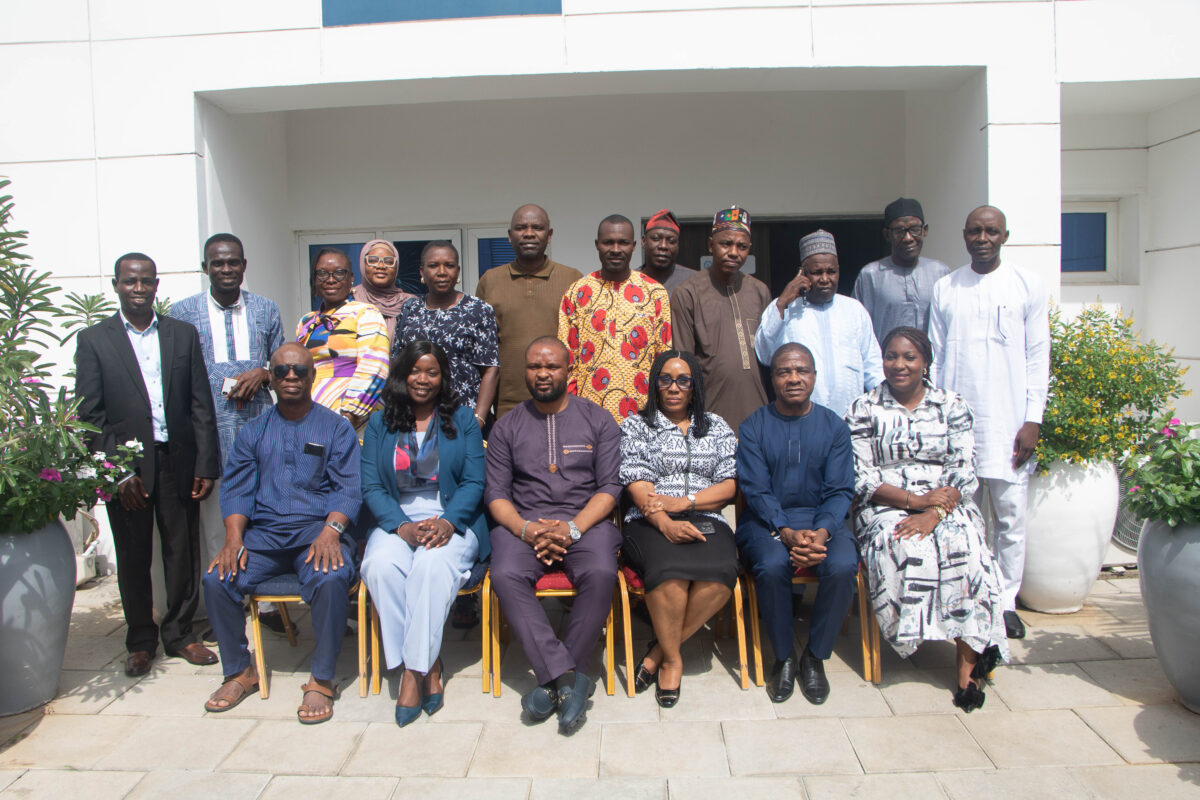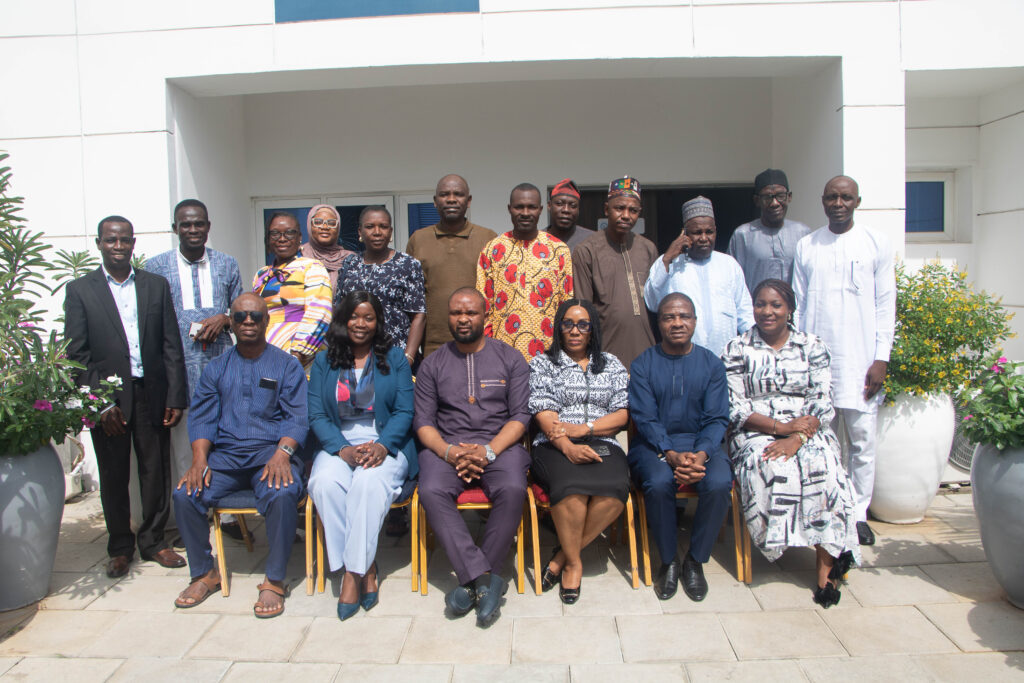To discuss opportunities to strengthen the use of data on Adverse Events Following Immunisation (AEFI) surveillance, the International Research Center of Excellence (IRCE) at Institute of Human Virology Nigeria (IHVN) has organized a meeting for stakeholders in Abuja.
Stakeholders like the National Primary Health Care Development Agency (NPHCDA), the National Agency for Food and Drug Administration and Control (NAFDAC), and other public health bodies participated in the two-day meeting which disseminated findings from the COVID-19 AEFI Surveillance Activities and Evaluation of the District Health Information System 2 (DHIS-2) for COVID-19 AEFI Reporting project.
Speaking at the event, IRCE Global Health Security Lead Mrs. Rita Okonkwo stated that, “In 2021, Nigeria rolled out safety surveillance for AEFI. Through funding and technical assistance from the US-CDC Global Immunization Division (US-CDC GID), IHVN strengthened AEFI surveillance activities in Lagos, Rivers, Oyo, and Kano States and the Federal Capital Territory.”
According to Mrs. Okonkwo, “in 2022 Nigeria rolled out the use of DHIS-2 for AEFI reporting and this was piloted for COVID-19 AEFI reporting between June 2022 and February 2023. In September 2023, additional funding through the Task Force for Global Health (TFGH) supported the evaluation of the performance of DHIS-2 on AEFI reporting.
Robust AEFI surveillance is the backbone of public trust during health emergencies. the project assessed Nigeria’s capacity to monitor and report vaccine-related adverse events using the District Health Information System 2 (DHIS-2) tracker. Through this project, IHVN is reinforcing Nigeria’s commitment to global vaccine safety standards,” she said.
During project implementation, IHVN’s collaborative role with stakeholders, including the U.S. Centers for Disease Control and Prevention (CDC), was crucial in establishing systems like cohort event monitoring and training initiatives.
At the event, IRCE Project Lead AEFI Surveillance, Pharm. Victoria Etuk emphasized the importance of the findings for shaping vaccine safety strategies in Nigeria. “This evaluation, led by IRCE Executive Director, Prof. Alash’le Abimiku, is about building a data-driven foundation for future immunisation safety,” she said.
She stressed IHVN’s efforts to address key barriers such as fear of reprisal among healthcare workers and underreporting at the sub-national level. Over 500 health workers were trained through the project, with a strong focus on demystifying the AEFI reporting process.
“We made it clear that reporting adverse events is not about punishment, it’s a professional obligation and vital for public health,” she noted.
IHVN also advocated for the harmonisation of AEFI reporting tools in line with global best practices, stressing the need for a unified platform to support timely and accurate data flow.
At the meeting, NPHCDA’s Deputy Director of Surveillance, Mr. Abdullazeez Yahaya, acknowledged the project’s contributions in revealing persistent gaps in AEFI reporting and stressed the need for ongoing training and political will at sub-national levels. He emphasized that healthcare workers must be empowered, not penalised, for reporting AEFI.
Director of Pharmacovigilance, NAFDAC, Dr. Uchenna Elemuwa, praised the collaborative efforts, in place for improving vaccine safety tracking. “IHVN has played a pivotal role in strengthening our ability to detect and respond to adverse reactions in real time,” she said.
Stakeholders at the meeting concluded with a commitment to scaling the initiative, reinforcing surveillance systems nationwide, and continuing to train frontline health workers.
